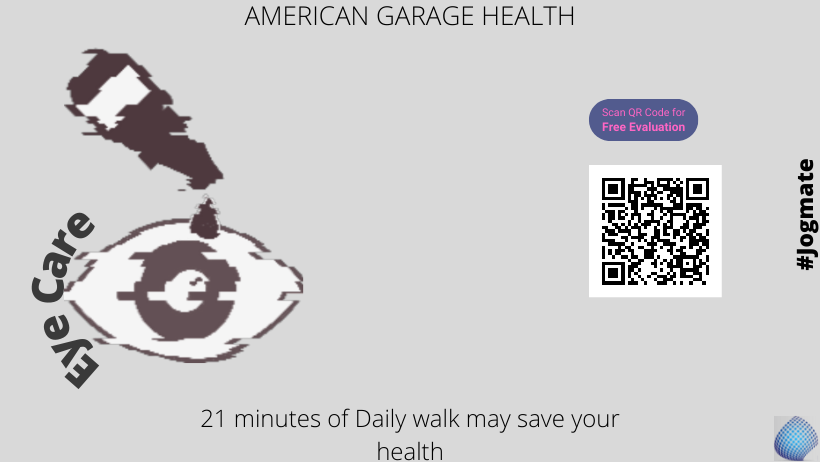Your risk of diabetic retinopathy can rise if you already have diabetes or develop it during pregnancy (gestational diabetes).

Diabetic retinopathy is a serious eye condition that affects people with diabetes. Often considered a silent threat, it can lead to vision impairment and even blindness if left untreated. The small blood arteries that nourish the retina can become blocked over time if there is too much sugar in your blood, cutting off the retina’s blood supply. The eye makes an effort to generate new blood vessels as a result. However, these new blood vessels don’t grow properly and are highly prone to leakage.
Any person with type 1 or type 2 diabetes has the potential to acquire the illness.
The likelihood of developing this ocular problem increases with the duration of diabetes and the degree of blood sugar management.
Causes and Risk Factors
The primary cause of diabetic retinopathy is prolonged exposure to high blood sugar levels, but other factors can increase the risk:
- Duration of Diabetes: The longer you have diabetes, the higher your risk of developing diabetic retinopathy.
- Poor Blood Sugar Control: Maintaining tight control over blood sugar levels can significantly reduce the risk of diabetic retinopathy.
- High Blood Pressure: Hypertension can exacerbate the damage to retinal blood vessels.
- High Cholesterol: Elevated cholesterol levels can increase the risk and severity of diabetic retinopathy.
Symptoms
In its early stages, diabetic retinopathy often presents no noticeable symptoms. However, as the condition progresses, the following symptoms may occur:
- Blurred or Distorted Vision: You may experience difficulty in focusing or reading.
- Floaters: Dark spots or floaters may appear in your field of vision.
- Impaired Color Vision: Colors may appear faded or less vibrant.
- Vision Loss: In advanced stages, diabetic retinopathy can lead to partial or complete vision loss.
Early Detection and Management
Regular eye examinations are crucial for individuals with diabetes. Early detection of diabetic retinopathy can significantly improve the chances of effective treatment.
Management options include:
- Blood Sugar Control: Maintaining optimal blood sugar levels through diet, medication, and lifestyle changes is essential.
- Blood Pressure and Cholesterol Management: Controlling hypertension and cholesterol levels can slow the progression of diabetic retinopathy.
- Laser Therapy: Laser treatment can be used to seal leaking blood vessels or shrink abnormal ones.
- Anti-VEGF Injections: Medications that inhibit the growth of abnormal blood vessels may be administered.
- Vitrectomy: In advanced cases, surgery to remove blood and scar tissue from the eye may be necessary.
Prevention
Preventing diabetic retinopathy starts with effective diabetes management:
- Regular Check-ups: Visit an eye specialist annually or as recommended by your healthcare provider.
- Blood Sugar Control: Monitor and manage your blood sugar levels meticulously.
- Blood Pressure and Cholesterol Control: Maintain a healthy lifestyle and follow prescribed medications.
Conclusion
Diabetic retinopathy is a severe complication of diabetes that can lead to vision impairment or blindness if not detected and managed early.
Regular eye examinations and comprehensive diabetes management are essential steps in protecting your vision. By taking proactive measures and adhering to your healthcare provider’s recommendations, you can reduce the risk of diabetic retinopathy and maintain healthy eyesight for years to come.
